Are Advanced Nutrients good for cannabis growing?
According to Advanced Nutrients’ Michael “BigMike” Straumietis, a common misconception is that growing cannabis organically means simply cultivating the crop using only growing elements, such as nutrients and water, that are free of synthetic substances or other chemicals, or that it means growing the plant naturally outdoors. However, BigMike says that growing organically goes much deeper than that.
“You have to consider everything: What was the growing medium it was grown in? What nutrients were used? What types of pesticides were used? All of that matters,” he says. “Then it goes even deeper: How were those products you’re using manufactured? What processes and chemicals were used to produce them?”
To truly claim that cannabis is grown organically, the cannabis expert says, all these factors are important to consider, and if any one factor is ignored, a cultivator cannot claim to produce an organic product.
Growers must follow general practices with their nutrients, he adds, to ensure that they are in line with other agricultural and horticultural standards.
“A cultivator needs to use nutrients that are approved for organic crop production/organic gardening,” BigMike explains. “Keep in mind, because the USDA is a federal organization and cannabis is still illegal at the federal level, there is no USDA organic label for cannabis. Instead, look for the seal of approval from a third-party regulator such as OMRI [Organic Materials Review Institute], or even better, California’s OIM [Organic Input Materials] Program.”
Advanced Nutrients OMRI Explained
BigMike breaks it down for us: “The Organic Materials Review Institute, or OMRI, is a third-party nonprofit organization that provides an independent review of products, such as fertilizers, intended for use in certified organic products. For a supplier to obtain OMRI certification, the company must apply with the institute for its products. This involves completing an extensive information profile for the product, including all ingredients and manufacturing processes.
“You then need to provide proof of all these ingredients and processes,” he adds. “That includes getting your ingredient suppliers to provide documentation of their manufacturing processes, too. In-person inspections are then conducted by OMRI staff twice per year and companies must renew the certification on an annual basis.”
BigMike says the major limitation of OMRI certification is that it is not accepted by the state of California.
“California not only dominates the cannabis market in terms of production and sales, but also the entire agricultural organic market, both in farms and total sales,” he reveals. “As the clear leader in the organic industry, California decided to take matters into its own hands and established its own organic certification program, now known as the Organic Input Material [OIM] Program.”
Advanced Nutrients OIM
The OIM determines which products sold in the state meet the standards of the USDA National Organic Program (NOP).
For a supplier like Advanced Nutrients to obtain OIM certification, the company’s on-staff 25 Ph.D.’s and compliance experts list all ingredients used in the company’s proprietary formulations and provide detailed information on the purpose of each ingredient and why it is used, including proprietary data and proof of efficacy. Advanced Nutrients then must list the manufacturers of all ingredients.
“[This is] no small task when many of our products contain ingredients sourced from multiple locations,” BigMike explains.
Each of the company’s manufacturing partners then submit details about their manufacturing process for each ingredient directly to the state of California, which protects their trade secrets. Advanced Nutrients then submits each step of its manufacturing process from start to finish, detailing how every ingredient enters its possession, where it is stored and how it is used in the company’s unique formulations.
BigMike adds, “Of course, we have to provide documentation and proof of each part of our manufacturing process.”
Once a company’s product receives OIM certification, a host of regulatory compliance requirements follows the product for both the life of the manufacturing process and the product’s shelf life.
Cultivators who want to learn more about OIM certification can visit the California Department of Food and Agriculture’s (CDFA) website or Advanced Nutrients’ website.
Marketing Certifications to End Consumers and Retail Partners
OIM certification is a necessity for growers and consumers in California, BigMike points out, because the CDFA will no longer accept other third-party organic certifications.
“For other growers in other states and around the world, it makes sense to embrace the OIM certification to show you’re serious about meeting the most exacting organic certifications of today,” BigMike says. “I suspect that before long, the OIM label will be the most important label in organically grown cannabis, because it’s accepted in every state.”
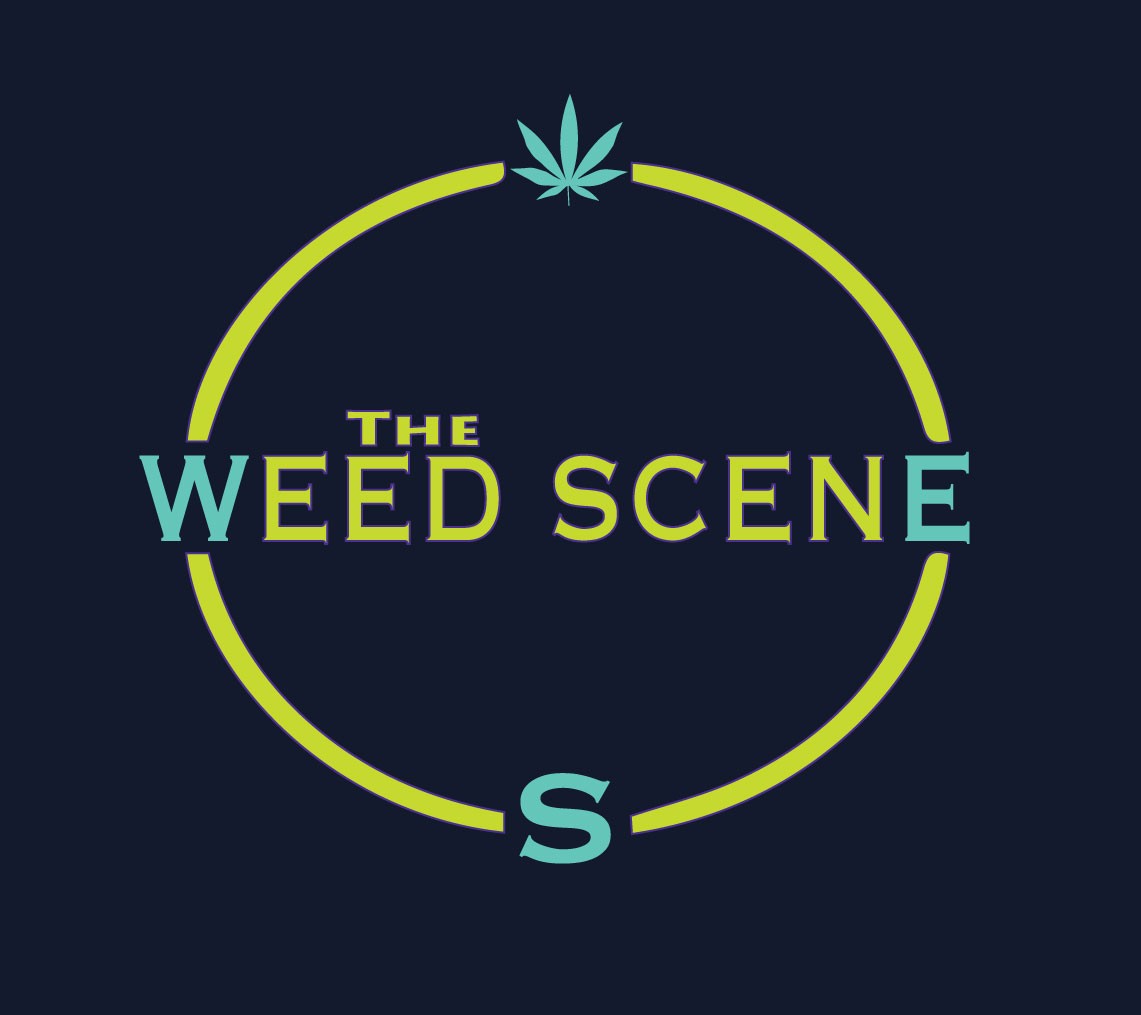
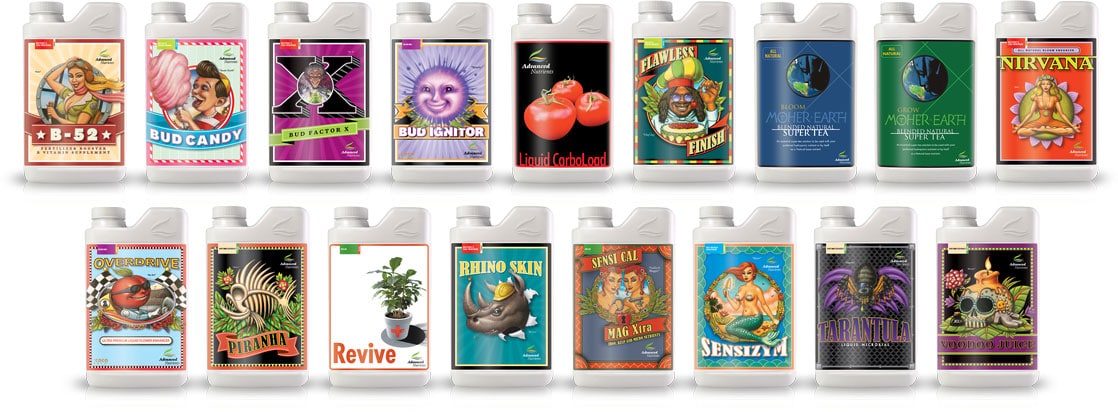
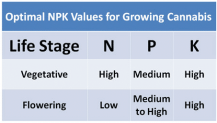




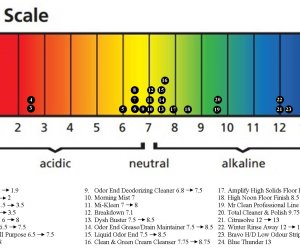

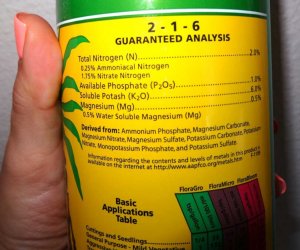
Mitolyn
Mitolyn review
Trusted by Iraq’s top industries, BWER Company provides innovative weighbridge systems, enabling seamless load monitoring and weight compliance for transport, construction, and agriculture sectors.
Mitolyn
Nicoya Pura Tea reviews